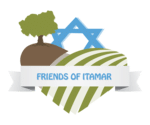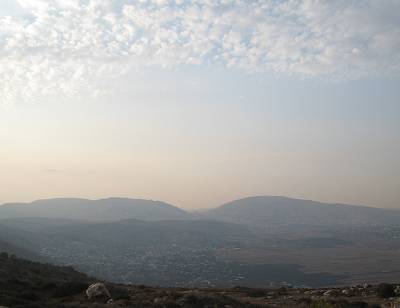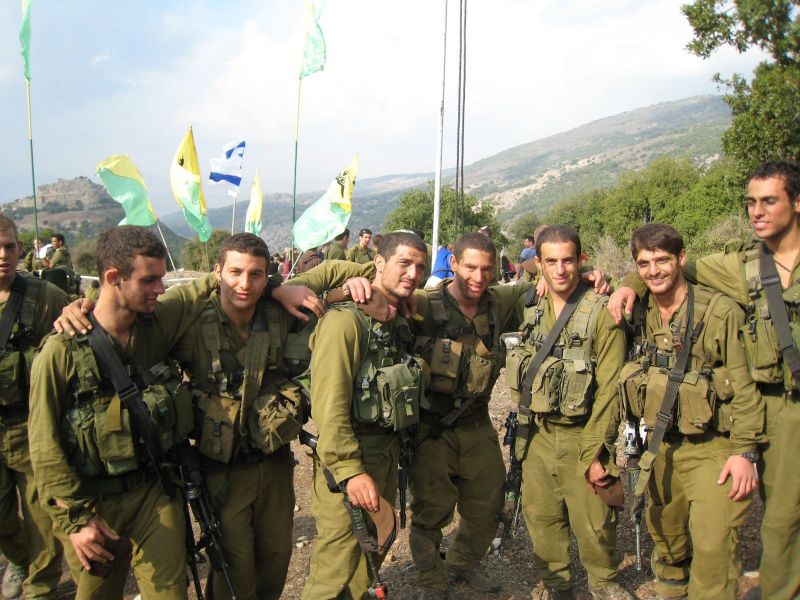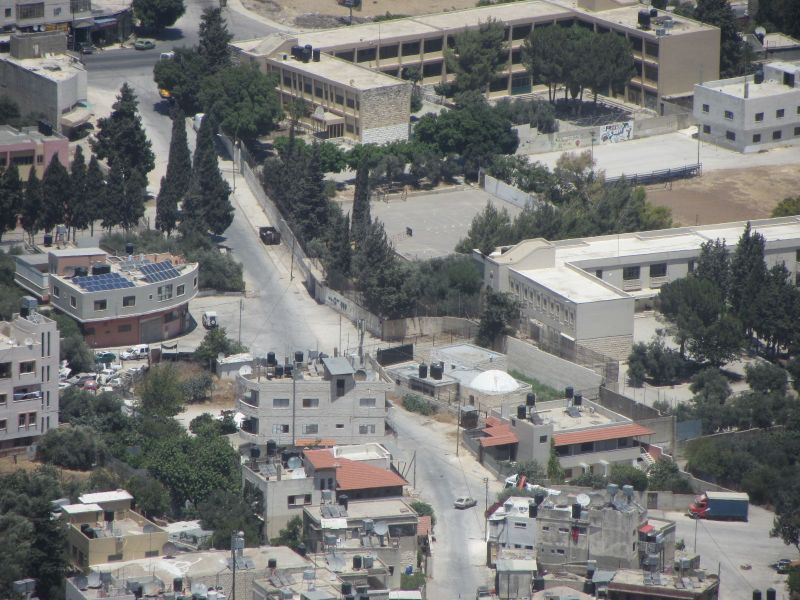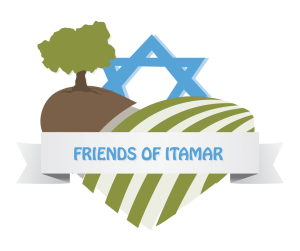Parshat Lech Licha – The Double Role of Abraham
Living in the backyard of where this week’s Torah portion, Parshat Lech Lichah, takes place is such a precious gift that cannot be taken for granted. It is amazing how just t
Parshat Noach – The Ark of Truth and Justice
If I wasn’t living in Israel and witnessing the nightmarish situation here in the land, I would not believe the present events as being real. Everyone is in a total state of
Parashat Ki Tavo – A Heart of Stone or a Stone that is a Heart
Living on Itamar in the Shomron mountain range we have the amazing privilege of being able to witness every day the mountains of the blessing and the curse Har Grizim and Har Aval.
Parashat Ki Tisah – The Return of Lost Souls
This week’s Torah portion Parashat Ki Tezeh opens up with a topic that is difficult to grasp – the laws of “Eyshet Yifat Toar” (literally a women of a beautiful
Parashat Shoftim Essay – “Return our Judges of Old”
This week’s Torah portion Shoftim opens up with the law of appointing Judges starting from chapter 16:18 through chapter 17:13. It then begins to discuss the laws of kings fr
Parashat Re’eh Experiencing the World to Come Today
The famous Rabbi Yehudah Halevi (1075-1141) in his magnum opus the Kuzari discusses the difference between Judaism and other religions. He asks – “why doesn’t the Torah s
Leah’s Blog Parashat Lech Lecha Oct 31 2014
Much of the book of Genesis is devoted to the stories of the lives of our Patriarchs and Matriarchs, what they did and also where their particular trials and achievements happened.
Parshat Ki Tavo
Parshat Ki Tavo “V’haya Ki Tavo el Ha’aretz” – “When you come into the Land”. (Dvarim 26:1) Being that this parsha falls on the
Parshat Shoftim – Leah Goldsmith
“Parshat Shoftim” “When you shall besiege a city for a long time in making war against it to take it, you shall not destroy its trees by forcing an axe aga
Essay on Parshat Pinchas – Zealous for Zion
In this week’s portion we see the daughters of Tzelafchad requesting an inheritance in the land. It is very interesting that the Torah goes out of its way to state the family
